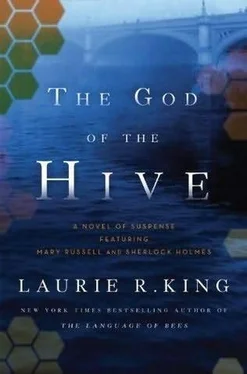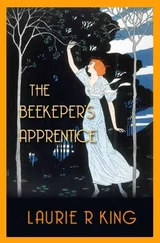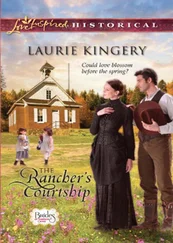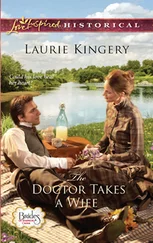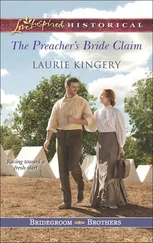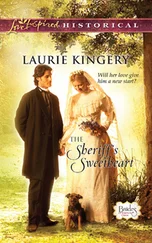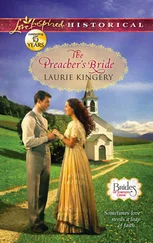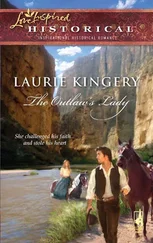Across the street from the Houses of Parliament was the St Stephen’s Club, and behind it the ornate building that housed the London Metropolitan Police department, known as New Scotland Yard. Five years earlier, deep in mid-winter and in a case as frightening as any we had known, Holmes and I had been shot at in the office of one Inspector John Lestrade. It was a small office, several long stairways from the ground, but despite the plane trees, it had a marvellous view of Westminster Bridge.
Mycroft would be at the west end of that bridge, sheltering on the precincts of Parliament itself, where he was known to the guards. A telephone call to Lestrade at two a.m. would give the chief inspector enough time to bring his marksman to the Yard, but insufficient preparation to rally numbers of troops that might get in our way.
I, in the meantime, would wait on the bridge’s eastern side, taking shelter on the steps leading down to the Albert Embankment. Behind me would be the assistance I had conjured up with five words to Billy: “Eleven at your wife’s sister.” His wife’s sister was a seamstress: The reference was a code he and Holmes had used before, and this time it brought him to Cleopatra’s Needle on the Embankment at eleven o’clock. Between us, Billy and I summoned a pair of motorcycles (motorcycling was an exhilarating new skill I had picked up in Los Angeles, a few months earlier). Our opponent would almost certainly be in a motorcar: On two wheels, Billy and I could stick to him like tacks. Even if the plan went as we intended and our foe drove away alone and unharmed, we could not take a chance that he might escape us entirely.
At half past ten, when I was getting ready to leave and meet Billy, Goodman was still missing. Standing in Mycroft’s kitchen, I reluctantly admitted to Holmes that I was worried.
“What, you think he walked into a trap? Does anyone know who he is?”
“It would be difficult to unearth his identity, but not impossible.”
“And you say he would not readily give us away.”
I grimaced at the thought of what an unscrupulous man might do to Robert Goodman. “Perhaps he’s gone to Tunbridge Wells. Or home to Cumbria.”
“Is that likely?”
“Without taking his leave of Estelle? I’m afraid not.”
At one o’clock, with Billy set and the motorcycles in place, I made my way back to the flat to see that all was as had been planned, and to report that Billy and the motorcycles would be in place. Holmes had already left, but Mycroft would wait for an hour before setting off.
I wished him luck, and moved towards the kitchen.
“Mary?”
I don’t know what I expected. An apology, perhaps, or thanks. Instead, Mycroft said, “Remember, it’s essential that the man not be harmed. I have to know what he knows.”
I nodded, and turned away, wondering if I would ever again feel comfortable with him, knowing about him what I did.
Of course, I reminded myself as I climbed down the ladder, that assumed we all survived the night.
A family can be a burden, at half past two in the morning. Peter James West was counting on that.
He could have chosen a different time and place. It would have been simple enough to draw Sherlock Holmes into the countryside at noontime, to do the deed-he would have come. But laying this final element of his long-worked plan at the feet of Parliament set a seal on the transfer: No one but he might ever know, but that was enough.
He only wished Gunderson were there. He knew Gunderson as a carpenter knows his hammer, and would have no hesitation to order the man to shoot. Or, to shoot Gunderson himself, for that matter. Had he known for certain that his assistant would not be back from Orkney today, West would have re-scheduled this meeting-he’d considered moving it, but in the end, he’d gone ahead, putting Buckner behind the wheel instead. The man was a dunce, but he could handle a motorcar. And how complicated could it be, trading one man for another at gunpoint?
He’d be glad when this entire operation was over; working with criminals threatened to infect even Peter James West with stupidity.
He and Buckner went down the cellar steps. In front of the padlocked door, he pulled down the long silken cap with the holes in it, which was uncomfortable and made him feel ridiculous, but which could be a last line of defence if things went wrong.
Buckner looked at him. “D’you want me to wear one a’ them?”
“It won’t be necessary.”
“Why not?”
Because I’m going to dispose of you, anyway, you idiot . “You won’t be getting out of the motor, but I may have to. The streak in my hair is a little too recognisable.” And if we are forced by some mishap actually to go through with the trade, rather than take both men, I should prefer that Adler not know who took him. That way, the only stray out there was the young wife. And Sosa, although he hardly counted.
“Gotcher.”
“Open the door.”
Buckner found the key, worked the lock, and stood back. Nothing moved from within. Adler had not been very comfortable the previous evening, when he was dragged from the back of the lorry that had brought him from Holland (telephone calls, again-when would people learn that a string of trunk calls to a number under surveillance could lead back to the source?) but he’d been well. Food, drink, and a night’s rest should have restored him somewhat.
“Mr Adler, I have come to take you to your family,” West called.
No motion. West sighed. “Buckner, kindly bring our guest out-alive and conscious, if you please. Wait: Give me your gun first.”
Buckner dug out the weapon and handed it to West, then hunched his shoulders and barrelled into the dim space. Damian Adler was waiting for him, but with no weapons and a bad arm, he was no match. Buckner bounced him against the wall and shoved him out of the door to sprawl at West’s feet.
West held out a set of police-issue handcuffs, which Buckner slapped on with a relish that could only come from a man who was more accustomed to being the recipient of the treatment.
By the time they got Adler cuffed and on his feet, the younger man was sweating-with pain, not fear. He glared furiously at his masked captor. “Who the hell are you, and what have you done with Dr Henning?”
“I have done nothing with your companion, Mr Adler. And you do not need to know who I am. Up the stairs, if you please.”
The prisoner backed away and Buckner grabbed his arms, which brought a grunt of pain. “Mr Adler, please cooperate. I am giving you back to your family.” Most of it. Albeit temporarily. “Now, up the stairs.”
They got him up the stairs, into the yard, and seated in the front of the motor. West had Buckner loop a rope around Adler to keep him from making some kind of heroic attempt at the controls, then drop a sack over the man’s head-the selfsame one Adler’s late uncle had worn, twelve days before.
Symmetry.
West tugged at his mask, wishing it weren’t quite so suffocating, and climbed into the back behind the driver. He stretched his hand forward with Buckner’s gun. “I’d suggest you put this in the door pocket instead of about your person. You don’t want it to go off by accident.”
“Righto,” Buckner said, and pushed the starter.
It was ten minutes past two in the morning. He had given Buckner the first stages of directions earlier: Wind through the streets of Southwark and cross the river on the Vauxhall Bridge before circling back east. At twenty minutes after the hour, he began to give the next set of directions that would take them onto Westminster Bridge.
The fourteen-foot minute hand of the great clock stood just before the half hour when the motorcar went under the tower.
Читать дальше
